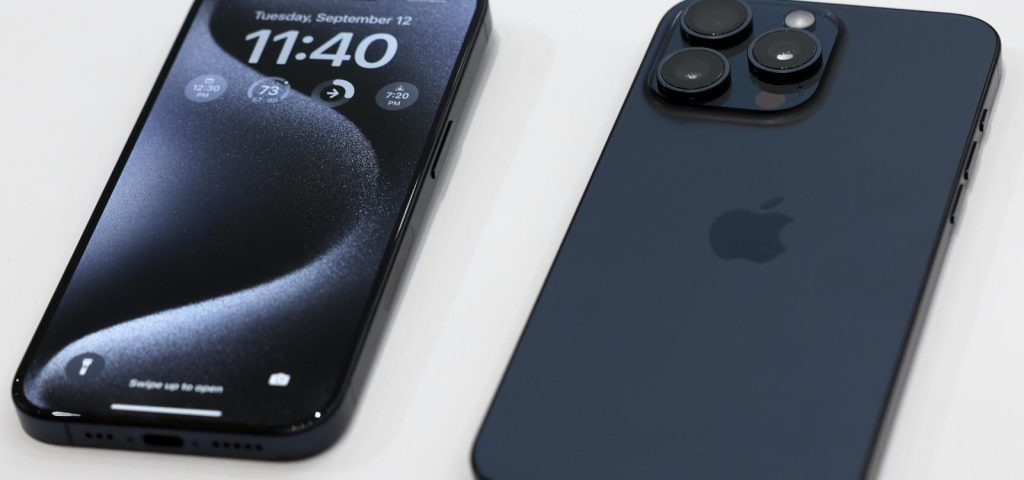Apple unveiled Siri, its voice-driven virtual assistant, 12 years ago. That’s an eon in tech, but Siri has scarcely improved. As other manifestations of AI have become markedly useful during the last few years, Siri has remained an unimproved error-prone utility.
As I looked for commentary on why this is the case, I was met with lots of half-baked answers about privacy and the fact that Apple has focused elsewhere. That much is clear.
For instance, Apple just started shipping its Vision Pro to those willing to spend $3,500 on a device originally aimed at ensuring Meta didn’t corner the market on tech that straps to peoples’ heads. While Apple hustled to get its goggles out, Meta pulled back on the metaverse to focus on AI.
“It’s a true mystery why Apple doesn’t seem to have Siri integrate with applications to provide seamless use of the feature—they could pull the card of ‘privacy concerns’ and ‘safeguarding user data’ but that really cannot stand as a point nowadays,” says Georgios Protopapas, CEO of Cavecrack, AI-infused software for digital marketers. “To me it is apparent that Siri simply hasn’t been touched on its core for years.”
Another tech CEO told me Siri shouldn’t be measured against services powered by LLMs such as ChatGPT. That’s fine, and it’s not the comparison I was making. In my experience Siri’s usefulness has, in fact, dimmed.
Whereas its voice used to pronounce contractions such as “can’t” as one would expect, I now find Siri says, “kahn tee,” as in “I’m sorry, I kahn-tee help you.”
At least Siri doesn’t lie.
While Siri wasn’t built on an LLM, it is built on natural language processing, another corner of the statistically-powered AI universe. Its ability to recognize speech hasn’t improved in years, and, in my admittedly small sample size, has gotten worse, as has its ability to speak.
This seems anathema to the general rise of AI and the ability to move models and compute to the edge. Given the compute power of the newer generations of iPhones, the case of Siri becomes more befuddling.
Even during its reign as the most valuable company in the world, Apple has remained inscrutable in many respects. It doesn’t always give business reasons for why it does what it does. But the company has earned that. Tim Cook has earned that. When Cook inherited Steve Jobs’ role in 2011, Apple had a market cap of $330 billion. Cook’s tenure has increased that 9x to $3 trillion.
People want Apple’s hardware. In a world awash in electronics, the Apple logo is a universal signal of sophistication and wealth. Apple’s legions of fans have proven faithful, scooping up ever more expensive iPhones, AirPods and anything else the company makes. Apple holds similar hopes for the Vision Pro, but hubris may finally be clouding its judgement, as it seems to have elsewhere.
The company’s insistence that it is entitled to a 30% cut of any sales initiated inside of an iOS app is punitive and anticompetitive. Even after a federal court ruled that Apple had to allow developers the ability to link to payment methods outside of apps, the company doubled down on its stance this month to say it will take 27%of any linked web payment.
As the company focuses on heading Meta off at the pass to VR land and fighting hard to preserve a burdensome levy on iOS developers, it leaves Siri, what could be a crown jewel asset, to stagnate.
Apple doesn’t even want its Siri developers in California anymore. Earlier this month, the company told a 121-person Siri AI team in San Diego that all its related jobs were moving to Texas; much of the team, reportedly, is unwilling to relocate. So don’t count on Siri getting better anytime soon, even as the capabilities of AI elsewhere continue to rise.
Christopher Steiner is a partner at Cuesta Partners, a technology firm that helps companies build out data solutions to be successful in the age of AI.
Read the full article here





